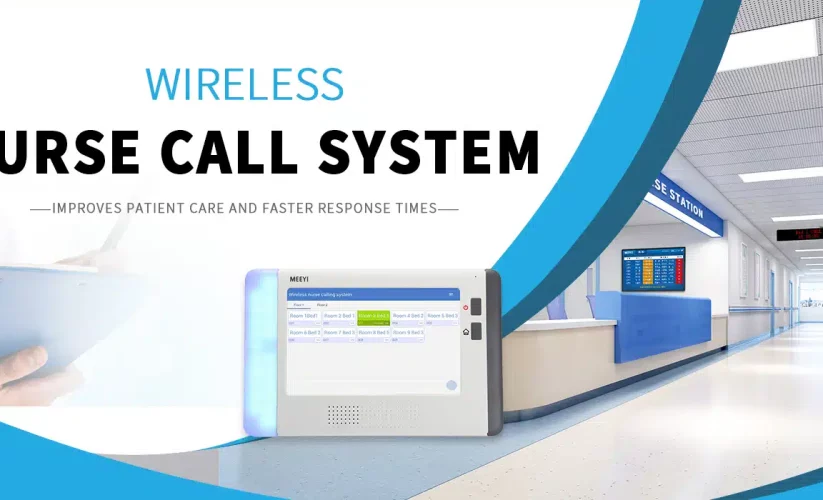Future-Proofing Your Practice with Smart Litigation Tools
In the evolving landscape of legal practice, staying ahead of the curve is paramount for success. As clients demand more transparency, efficiency, and timely communication, law firms must adapt by leveraging technology that enhances their operations. Litigation Tracking Software is a critical component in this technological shift, enabling legal professionals to manage cases more effectively while improving collaboration and productivity. In this article, we will explore how smart litigation tools can future-proof your practice and ensure ongoing success.
Understanding the Need for Smart Litigation Tools
The legal industry is witnessing rapid changes driven by technological advancements. Clients expect real-time updates, quick responses, and streamlined services. Traditional methods of case management often fall short in meeting these expectations. As a result, law firms are increasingly turning to smart litigation tools to enhance their operations.
The Role of Litigation Tracking Software
Litigation Tracking Software serves as a comprehensive solution that allows legal professionals to monitor the progress of cases, manage documentation, and collaborate with team members seamlessly. This software not only automates routine tasks but also provides valuable insights through analytics and reporting features. By integrating this technology into their practice, law firms can enhance their efficiency and responsiveness.
Key Features of Smart Litigation Tools
To effectively future-proof your practice, it’s essential to understand the features that smart litigation tools offer. Here are some key capabilities to consider:
1. Centralized Case Management
A robust litigation tracking system provides a centralized platform for managing all aspects of a case. This includes storing documents, tracking deadlines, and organizing notes. By having all case-related information in one accessible location, attorneys can reduce the time spent searching for documents and focus more on legal strategy.
2. Automated Deadline Tracking
One of the most significant challenges in legal practice is managing deadlines. Litigation tracking software offers automated deadline tracking features that send reminders and alerts for upcoming due dates. This feature minimizes the risk of missed deadlines, which can have serious consequences for a case.
3. Document Management and Collaboration
Smart litigation tools streamline document management by allowing team members to upload, share, and collaborate on files in real time. With version control and secure access, attorneys can ensure that everyone is working with the most up-to-date information, reducing errors and confusion.
4. Advanced Reporting and Analytics
Data-driven decision-making is crucial in today’s legal environment. Litigation tracking software often includes powerful reporting and analytics tools that provide insights into case performance, team productivity, and financial metrics. By analyzing this data, law firms can identify trends and make informed strategic decisions.
5. Integration with Other Tools
Future-proofing your practice also involves ensuring that your technology integrates well with other systems. Litigation tracking software can often be integrated with Customer Relationship Management (CRM) systems, billing software, and communication platforms. This integration helps streamline workflows and improve overall efficiency.
Benefits of Future-Proofing Your Practice
1. Increased Efficiency
By automating routine tasks and centralizing case management, smart litigation tools significantly enhance efficiency. Attorneys can devote more time to substantive legal work rather than administrative tasks, leading to faster case resolutions and improved client satisfaction.
2. Enhanced Client Service
Clients expect timely updates and transparent communication. Litigation tracking software enables attorneys to provide real-time information about case progress, ensuring clients feel informed and valued. This level of service not only builds trust but also enhances client retention.
3. Improved Collaboration
Effective collaboration among team members is essential for successful case management. Smart litigation tools facilitate seamless communication and collaboration, allowing attorneys, paralegals, and support staff to work together more effectively. This collaborative environment fosters teamwork and leads to better case outcomes.
4. Better Risk Management
With automated deadline tracking and comprehensive reporting, litigation tracking software helps mitigate risks associated with missed deadlines and compliance issues. By having a clear overview of all case-related tasks, law firms can proactively address potential challenges before they escalate.
5. Scalability and Adaptability
As your practice grows, your technology should be able to scale with it. Smart litigation tools are designed to adapt to changing needs, allowing law firms to add features, users, or integrations as required. This scalability ensures that your practice remains competitive in a dynamic legal landscape.
Implementing Smart Litigation Tools in Your Practice
1. Assess Your Needs
Before implementing litigation tracking software, assess your firm’s specific needs. Consider the types of cases you handle, the size of your team, and your existing workflows. Involve your team in this assessment to gather insights on what features would be most beneficial.
2. Choose the Right Software
Selecting the right litigation tracking software is crucial. Look for solutions that offer customizable features, user-friendly interfaces, and strong customer support. Research various options, read reviews, and request demos to find the software that best fits your practice.
3. Train Your Team
Once you have chosen a software solution, invest in training for your team. Proper training ensures that everyone understands how to use the software effectively, maximizing its benefits. Consider ongoing training sessions to keep your team updated on new features and best practices.
4. Monitor and Evaluate Performance
After implementing smart litigation tools, continuously monitor their performance. Gather feedback from your team to assess how well the software meets their needs. Regular evaluations will help you identify areas for improvement and ensure that the technology remains aligned with your firm’s objectives.
Case Studies: Success with Smart Litigation Tools
Case Study 1: A Small Law Firm
A small law firm specializing in family law implemented litigation tracking software to streamline their operations. Before the software, attorneys faced challenges with missed deadlines and disorganized case files. After implementation, the firm reported a 40% reduction in missed deadlines and a significant increase in client satisfaction. The centralized platform allowed for better collaboration among team members, resulting in more efficient case management.
Case Study 2: A Corporate Legal Department
A corporate legal department responsible for compliance issues adopted smart litigation tools to manage multiple cases simultaneously. The software’s reporting features enabled the team to identify recurring compliance challenges and address them proactively. As a result, the department reduced its average case resolution time by 25%, enhancing overall efficiency and effectiveness.
Challenges to Consider
While the benefits of smart litigation tools are significant, there are challenges to consider during implementation. These may include:
1. Resource Constraints
Implementing new technology requires time, effort, and financial resources. Smaller firms may find it challenging to allocate these resources. To mitigate this, prioritize the most critical features and consider phased implementation.
2. Resistance to Change
Some team members may resist adopting new technology, especially if they are accustomed to traditional methods. To overcome this resistance, involve your team in the decision-making process and provide thorough training on the benefits of the new tools.
3. Ongoing Maintenance
Smart litigation tools require ongoing maintenance and updates. Establish a plan for regular reviews to ensure that the software remains aligned with your firm’s evolving needs and industry standards.
Conclusion
Future-proofing your legal practice is essential in an ever-evolving industry. By integrating Litigation Tracking Software and other smart litigation tools, law firms can enhance efficiency, improve collaboration, and deliver exceptional client service. As the legal landscape continues to change, investing in technology that supports your practice’s growth and adaptability will be crucial for long-term success. For more information on effective litigation tracking solutions, visit Workforcesync.





